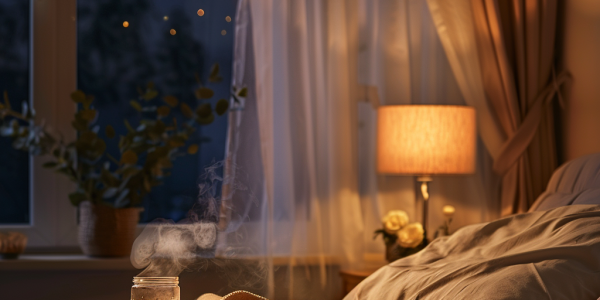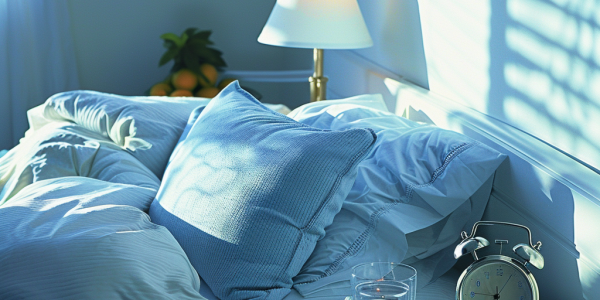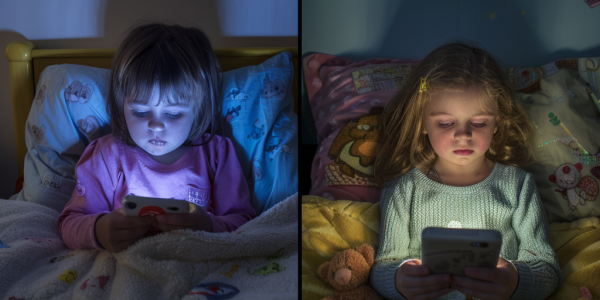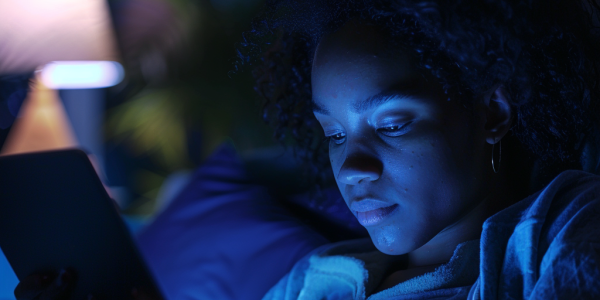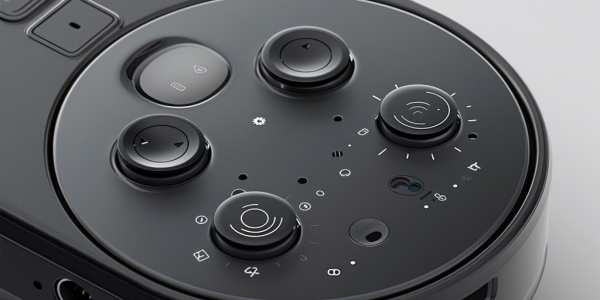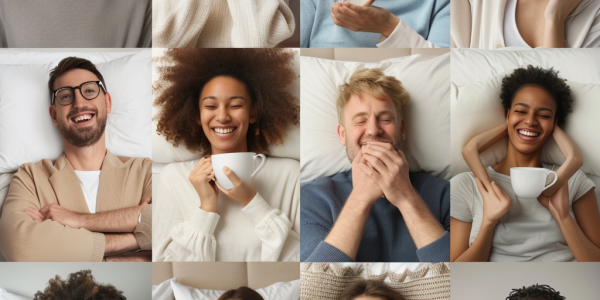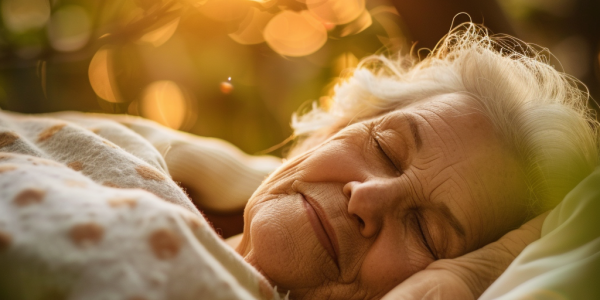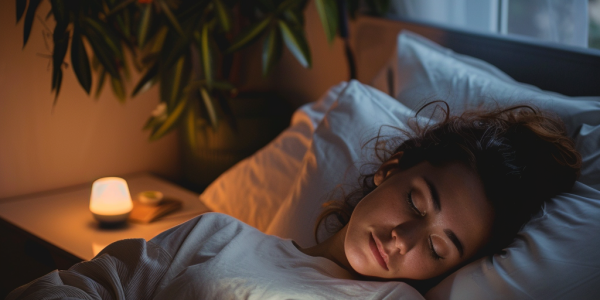Transforming Nighttime Anxiety into Restful Sleep
Struggling with sleeplessness due to racing thoughts? Discover expert insights from Dr. Mark Rosenblum on how anxiety disrupts sleep and effective strategies like mindfulness meditation, exercise, and establishing a bedtime routine to promote restful nights. Transform your bedroom into a sanctuary for relaxation and rejuvenation.
Raising Awareness: The Hidden Dangers of Sleep Apnea
Sleep apnea affects millions and often goes undiagnosed, leading to serious health issues like high blood pressure and heart disease. Recognizing symptoms such as loud snoring, gasping for air, and excessive daytime sleepiness is crucial for early intervention. The American Academy of Sleep Medicine emphasizes the importance of seeking treatment and making lifestyle changes to improve sleep quality and overall health.
The Impact of Technology on Children’s Sleep Patterns
In today’s digital age, technology significantly impacts children’s sleep patterns, raising concerns for parents. Excessive screen time can disrupt sleep quality, leading to irritability and health issues. Experts recommend limiting device usage before bedtime and fostering a calming sleep environment to ensure children receive the restorative sleep essential for their growth and development.
Improving Sleep Quality Through Dietary Habits
Discover how dietary habits can enhance sleep quality and combat sleep deprivation. Learn about the crucial role of tryptophan-rich foods, the benefits of the Mediterranean diet, and effective eating strategies to improve your sleep and overall health.
The Impact of Blue Light on Your Skin
Learn how blue light from screens can impact your skin, causing issues like premature aging and hyperpigmentation. Find out how prolonged exposure to blue light can lead to skin discoloration and loss of skin elasticity.
Security Vulnerability Discovered in Sleep Number Beds
Discover the potential security vulnerability in Sleep Number beds uncovered by computer engineer Dillan Mills. Find out how Mills found a backdoor-like connection that allows remote access to the bed’s control hub, raising concerns about privacy and security. Learn how users can take control of their bed’s network connectivity to mitigate the risk of unauthorized access.
Tirzepatide Shows Promise in Treating Sleep Apnea
Eli Lilly’s tirzepatide, found in popular drugs Mounjaro and Zepbound, shows promise in treating sleep apnea. Research indicates a potential breakthrough in expanding GLP-1 drugs’ medical benefits beyond diabetes and weight management.
Sound Stimulation Improves Sleep in Individuals with Dementia, Study Finds
Learn how sound stimulation targeting alpha rhythms can improve sleep for individuals with dementia. Researchers utilized Alpha Closed-Loop Auditory Stimulation to explore the brain’s response and found promising results in altering alpha rhythms. This innovative study highlights the potential of sound therapy as a non-invasive method to enhance sleep quality for those with dementia.
Understanding the Dangers of Magnesium Deficiency in Adult Women
Learn about the dangerous impacts of magnesium deficiency in adult women, including cardiovascular issues and bone health concerns. Discover how low magnesium levels can lead to heart rhythm irregularities, high blood pressure, osteoporosis, and muscle tension problems.
Debunking the Myth: Blue Light from Smartphones May Not Disrupt Sleep as Previously Thought
New research challenges the fear of blue light from smartphone screens disrupting sleep patterns. Studies fail to establish a significant link between screen light exposure before bedtime and difficulties in falling asleep. Experts suggest that other sources of artificial light in our living spaces may pose a greater risk of disrupting melatonin production than smartphones.

